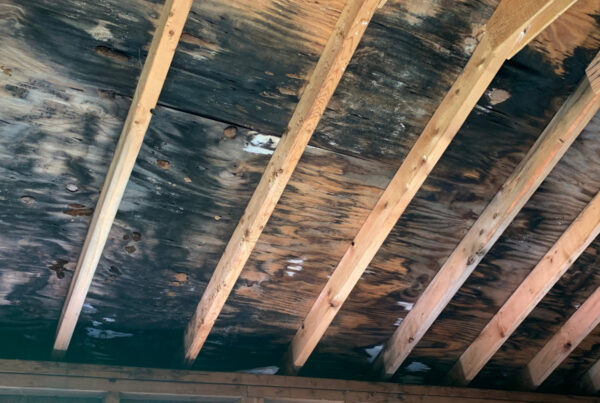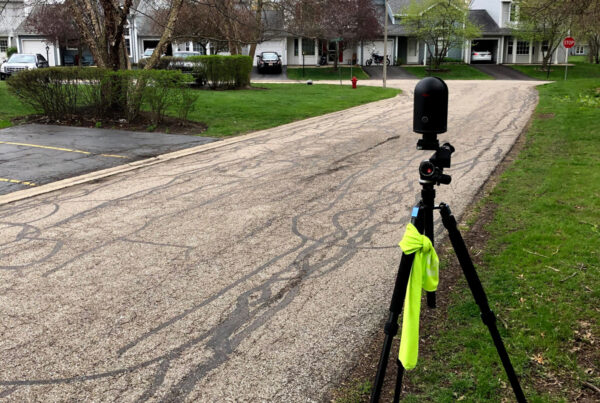To date, almost 20 state legislatures have considered bills in response to the tragic partial collapse of Champlain Towers South in Surfside, Fla., last year. Following the collapse, CAI convened three specialized task forces to explore changes to laws and best practices for the community association housing model that could help prevent a similar tragedy and to provide solutions for legislators addressing building safety in their districts.
Public policy recommendations in the areas of reserve studies and funding, building maintenance, and structural integrity are detailed in CAI’s Condominium Safety Public Policy Report, released in late October. CAI’s legislative action committees have worked closely with state legislators over the past year to ensure that these recommendations are considered for adoption into state law to support the existing statutory framework for the development, governance, and management of community associations.
Last week, the Florida legislature unanimously passed SB 4D – Building Safety Act for condominium and cooperative associations, which was signed by Gov. Ron DeSantis on May 26. The legislation includes a framework largely based on CAI’s recommendations:
- Building inspections as structures reach 30 years old and every 10 years thereafter.
- Mandatory reserve study and funding for structural integrity components (building, floors, windows, plumbing, electrical, etc.).
- Removal of opt-out funding of reserves for structural integrity components.
- Mandatory transparency—providing all owners and residents access to building safety information.
- Clear developer requirements for building inspections, structural integrity reserve study, and funding requirements prior to transition to the residents.
- Engagement of the Florida Department of Business and Professional Regulation and local municipalities to track condominium buildings and the inspection reporting.



